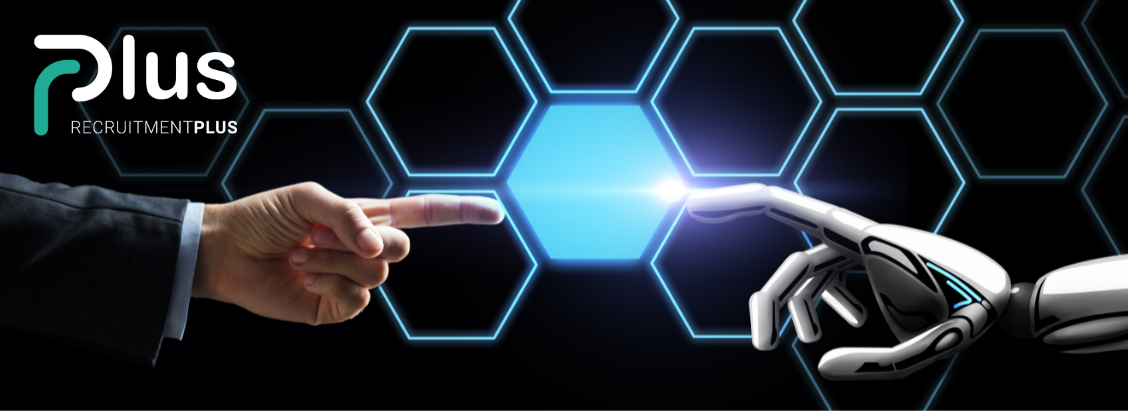Using Human Instinct to Hire in This Digital Era
This trend of employees leaving their jobs, coupled with the digital disruption of the workforce, has led many employers not equipped with the tools and resources needed to fulfil their recruitment needs to turn to technology for help.
However, A word of caution:
Whilst AI is promising to make recruiting more efficient, there are also many concerns.
For example, there is always a level of influence and relationship building that’s crucial in the recruiter/candidate link. An experienced recruiter can begin a conversation with why they are reaching out to the candidate and even if a candidate’s response is “I’m not currently looking” often a seasoned recruiter can often turn the response to: “Actually, I’m interested and I’d like to know more about this vacancy”.
Recruiters will continue to be important for attracting talent because their very human soft skills will be more important than ever.
While some companies may try to automate more of the hiring process, especially for roles for which there is an abundance of labour supply, companies will increasingly rely on recruiters’ soft skills for roles where labour is in short supply.
Why? Because some skills simply can’t be automated. These include having a nuanced understanding of a candidate’s needs; reading between the lines on what a hiring manager wants; negotiating with a candidate and using available data and knowledge of the employer’s business and culture to support the job offer and manage any counteroffers that may arise. In addition, it’s the depth of understanding of what skills are needed, what the employer’s team makeup requires and whether the manager might be willing to hire someone with only 60% of the skills needed – this too will become even more important.
What a good Recruiter will do won’t be just “filling the funnel” but spending more time talking to candidates, marketing candidates to suitable employers, selling employer’s business and culture to potential candidates and pairing the right parties together.
There are, of course advantages to AI in recruitment:
· Efficiency – AI can process large volumes of CV’s quickly.
· Bias Reduction – AI algorithms can reduce unconscious bias by focussing on only the critical data.
Limitations of AI:
· Lack of human intuition and empathy. For example, it may misinterpret nuances in a candidate’s response.
· Some hiring decisions involve judgement and cultural fit – AI will struggle to evaluate this
· Candidate experience – AI can lead to a poor candidate experience especially if communication lacks a personal touch and the experience is too AI lead.
· Unforeseen bias – While AI aims to reduce bias, it can inadvertently perpetuate existing biases already present in historical data
The ideal approach should be a collaboration – using the human touch and allowing AI to handle repetitive tasks and data. Recruiters bring expertise, intuition, industry knowledge and emotional intelligence to assess cultural fit and skillset. What the human touch aims to ensure is a positive candidate experience; ensuring the candidate feels informed, valued, and respected throughout the recruitment process hence joins the organisation fully committed and primed for success.
Indeed, the value of a positive experience for candidates ultimately not hired is also hugely important. People talk and share their experiences – organisations should be mindful of the reputational credit to be gained by ensuring candidates ultimately NOT hired feel they would still recommend the process to a friend or colleague. Good recruiters will work with an organisation to ensure their company and role is well represented in a professional but genuine manner to all potential applicants.
AI can feel somewhat “artificial” in this respect.
This article was written by our Managing Director, Anne Fanthom. Get in touch with Anne on LinkedIn for more Recruitment Advice



